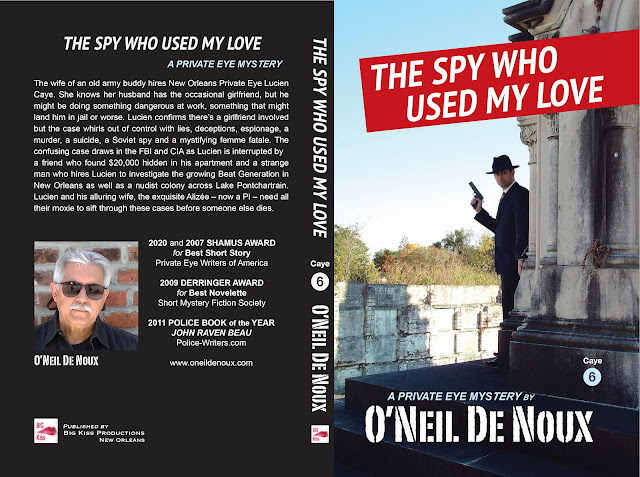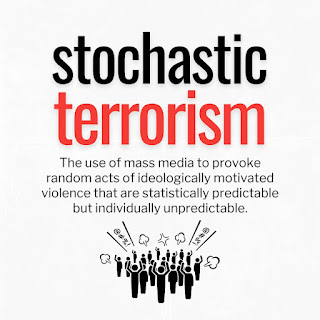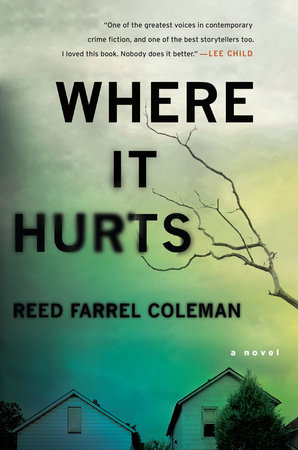by Eve Fisher
Musings about Hiding in Plain Sight:
First of all, re the story of former Corrections Officer Vicky White who ran off with the inmate Casey White from Alabama, I am amazed that they stayed uncaught that long. I mean, 6'9"? Seriously? They were caught, as you probably know, in Evansville, Indiana, where "they were found with $29,000 in cash and four guns, including semiautomatic weapons and an AR-15. They also had several wigs in different colors." But, no matter how many wigs they had, how did they make it 11 days without being turned in, especially staying in a motel for a week? Outside of a basketball convention, 6'9" anywhere should have been like Herman Munster in a Mickey Rooney lookalike contest.
Along similar lines, I want to know how Jack Reacher isn't known all over the country:
6 feet 5 inches tall, weighing 210–250 pounds and having a 50-inch chest. In Never Go Back, he is described as having "a six-pack like a cobbled city street, a chest like a suit of NFL armor, biceps like basketballs, and subcutaneous fat like a Kleenex tissue."..."He was one of the largest men she had ever seen outside the NFL. He was extremely tall, and extremely broad, and long-armed, and long-legged. The lawn chair was regular size, but it looked tiny under him. It was bent and crushed out of shape. His knuckles were nearly touching the ground. His neck was thick and his hands were the size of dinner plates." (Wikipedia)
So... tell me again why he has to introduce himself anywhere?
And I've written before about James Bond announcing himself everywhere he goes. "Bond, James Bond." Not very secret.
Meanwhile, it's tragic that Ms. White killed herself, but: a widow, no children, and highly respected as a CO at the jail - employee of the year four times - what did she have to go back to? Jail. Trial. Prison. Corrections officers - any law enforcement officer - often face retaliation in prison. The truth is, sometimes consequences show up that are so stark and horrific there's no way to live with them...
Speaking of Consequences...
Some news outlets are already speaking of the Buffalo, NY white supremacist terrorist as a "white teenager," and "just a boy, really." Bull hockey. Last I heard, 18 makes you an adult in this country. You can vote, marry, drive, and as he did, buy any kind of freaking rifle or "long gun" you want from a licensed gun dealer anywhere in this country at 18.
I'd say more about this case, but I'm too sick to my stomach.
Meanwhile, even before this one, we've had 198 mass shootings in the United States this year:
https://www.gunviolencearchive.org/reports/mass-shooting
Who's safer with this endless flood of guns, ammo, and hot rhetoric? Personally, I think it's about damn time that Stochastic Terrorism be made a crime.
After all, if they could convict the woman who texted her boyfriend repeatedly, encouraging him to kill himself (and he did), why can't we do something similar to people on "certain networks", etc., who actively rev up their listeners to a fury and then say things like, "I'm only asking questions."
Like a maniac who shoots deadly firebrands and arrows, so is one who deceives a neighbor and says, “I'm just asking questions...” Proverbs 26:18-19 (Paraphrased for modern usage)
No you're not. You're trying to get them stoked so that you get higher ratings. And maybe there'll be a shooting, and then the ratings will shoot up even higher.
Which leads me to my next idea: a Sandy Hook style class-action lawsuit against Tucker & Friends and Fox News for the whole "great replacement theory" and other racist theories that are getting innocent people killed.
Even More Horrific: Missing and Murdered Indigenous Women
The numbers are horrific. As of March, 2022, there were "103 people missing in South Dakota, with Indigenous people making up 62% of all missing persons despite being only 8.7% of the state’s population. According to the
Attorney General’s Missing Persons page, Indigenous women make up 28% of all missing persons and 63% of women currently missing in South Dakota." Also, "Native American women are murdered at a rate ten times higher than the national average." (
HERE And a few of the grisly details
HERE)
Meanwhile, the South Dakota legislature approved making an Office of Liaison for Missing and Murdered Indigenous Persons (MMIP), which was fantastic!
But then AG Ravnsborg said he couldn't find "the necessary funds to establish such a position." Yes, we have a very cheap legislature - they don't give money to anything, even when it's their idea.
At last the non-profit Native Hope said it would fund the position at $85,000 per year for three years, so there may be some hope. Now can they find the law enforcement necessary to do the actual investigating???
BTW, Native Hope's website is: https://www.nativehope.org/ Donations are always gratefully received.
On a Lighter Note, What's in a Name?
"A man found floating on a raft in the ocean off the coast of Rhode Island in 2016 after his boat sank has been indicted on charges alleging he killed his mother at sea to inherit the family's estate, according to the indictment unsealed Tuesday. The eight-count indictment released in federal court in Burlington also says Nathan Carman shot and killed his grandfather, John Chakalos, at his home in Windsor, Connecticut, in 2013 as part of an effort to defraud insurance companies, but he was not charged with that killing. [Why, one may ask?] Carman was found in an inflatable raft eight days after he went fishing with his mother, Linda Carman, who was never found."
Now families are tricky things, and God only knows what led Mr. Carman to do the things he did. But greed does seem to have been a factor: he sued the insurance company for $85,000 for the loss of his 31 foot fishing boat,
The Chicken Pox. (
NewsTimes) Yes,
The Chicken Pox.
So of course I sat around thinking of similar suitable names for a boat, and came up with:
Montezuma's Revenge
The Spanish Flu
Daddy's Hemorrhoids
Reilly's Pyloric Valve
And those are just the printable ones. Feel free to add your own!






















